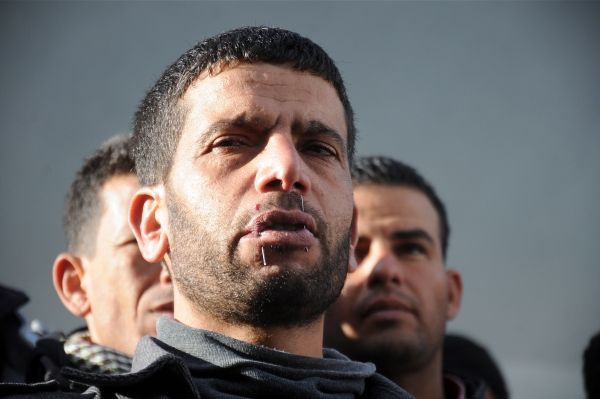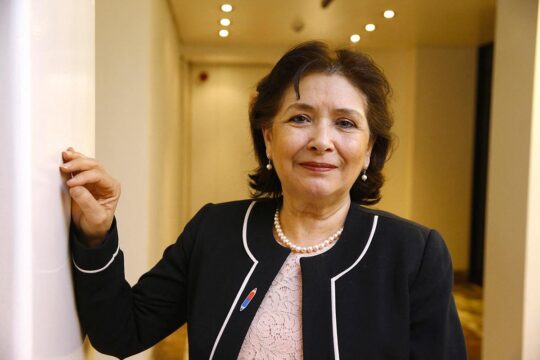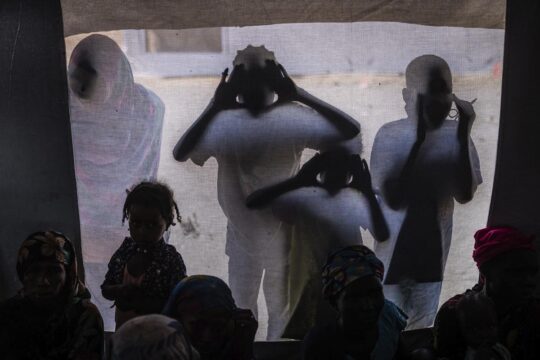Tunisia has innovated in the field of transitional justice. A request submitted to the country’s Truth and Dignity Commission seeks to have the region of Kasserine recognized as a “victimized region”. JusticeInfo correspondent Olfa Belhassine wrote at the time in June 2015: “The idea of a region as a victim seems in any case to fit with the Tunisian transitional justice law passed in December 2013. Article 10 of this law extends the definition of victim to ‘any region that has suffered organized marginalization or exclusion’. The Tunisian provision is unique in terms of reconstructive justice”. But this has changed nothing with regard to the isolation of this forgotten central region of Tunisia, which has in recent days been the scene of violent protests. The protesters’ demands are the same as those in Sidi Bouzid five years ago that led to the downfall of President Ben Ali. The democratically elected government now in place fears a similar scenario, especially now demonstrations have reached the capital. Tunisia, the unique and fragile pioneer of the Arab Spring now preoccupied with its political transition, appears to have forgotten along the way social transition and economic reconstruction.
In the more classic judicial domain Dominic Ongwen, a former commander of the brutal Ugandan rebel group LRA, appeared for the start of his confirmation of charges hearings before the International Criminal Court (ICC). ICC prosecutors presented to the judges 70 charges of war crimes and crimes against humanity against the suspect. Ongwen was abducted aged somewhere between 8 and 10 and forced to become a child soldier for the LRA, climbing up its ranks to become one of its commanders alongside its leader and self-proclaimed prophet Joseph Kony. His past as a child soldier does not excuse him from the crimes he committed, the prosecution argues, saying it could merely be a “mitigating factor”. If the charges against him are confirmed, he will be referred for trial in The Hague.
As for Congolese militia leader Germain Katanga, who was released from the ICC prison and has completed his sentence, he is to stay in jail in his country, according to the Congolese authorities. The Democratic Republic of Congo wants to try him for other crimes. The Ituri-based Congolese Association for Respect of Human Rights (ACRDH) told JusticeInfo it does not rule out an ulterior motive. Its executive director Junior Safari wonders if Kinshasa is not trying to “keep Katanga in custody to separate him from his grassroots” because it fears a resurgence [of attacks] by his militia at a time when “there is rising tension in the country owing to the paralysis of the electoral process”.
As Côte d’Ivoire awaits the start this week of former president Laurent Gbabgo’s crimes against humanity trial before the ICC, its newly re-elected current president Alassane Ouattara again promised to release political prisoners held in his county. He met Pascal Affi N'Guessan, head of the opposition Ivorian Popular Front (FPI, founded by Gbagbo) on this issue. “The liberation of political prisoners is agreed in principle, said Affi N'Guessan, stressing that Ouattara had “given his approval”. The FPI is to compare its list of “300 people”, including former First Lady Simone Gbagbo who is wanted by the ICC, with the government’s list of between "140 and 150 prisoners".
Finally, the government of Burundi, still far from any transitional justice process, received a delegation from the UN to discuss a solution to the country’s ongoing crisis. The UN visit triggered a new wave of violence, which does not bode well for the success of the international mediation effort.







